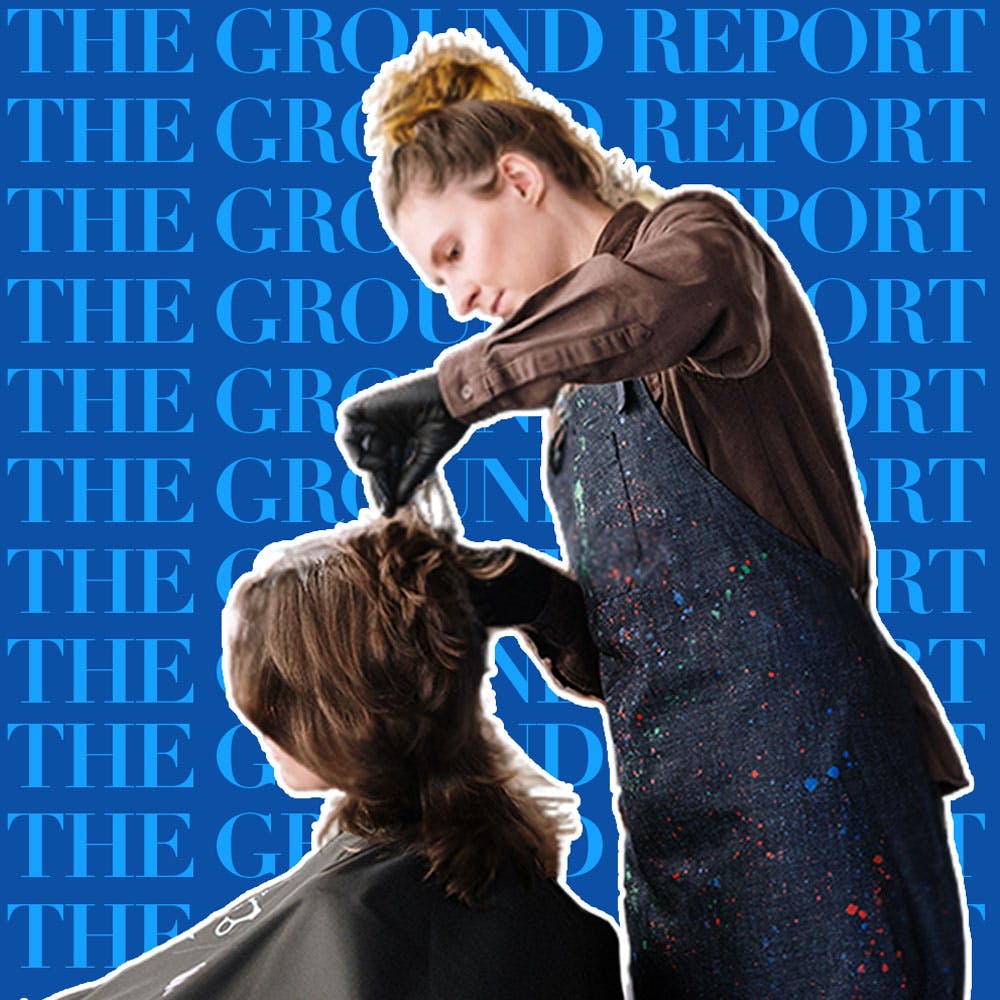We’ve all been there. That moment where you’re going through some major life-altering event and the only thing that you think can fix the situation is colouring your hair pink. Or getting a tattoo that reads ‘no rAgrets’. Or maybe none of those, but you know what I’m talking about.
There’s nothing quite as satisfying as getting rid of all your hair when life gets out of hand. I myself have been guilty of getting a bob, a couple of tattoos and many piercings on impulse. Throughout the pandemic, I observed that it is more universal than I had thought it was. From DIY-ing bangs to making hand-poked tattoos, people I know (who are mostly women) went through the entire spectrum of human emotions in the form of physical changes they made to their body.
And here’s every reason I (and the best of my logical thinking) can conjure up as to why we do this. What makes us feel that bangs, which is inarguably the highest form of inconvenience one can impose on themselves, is what will fix us. Or at the very least, be the thing that will give us comfort, even if temporarily.

